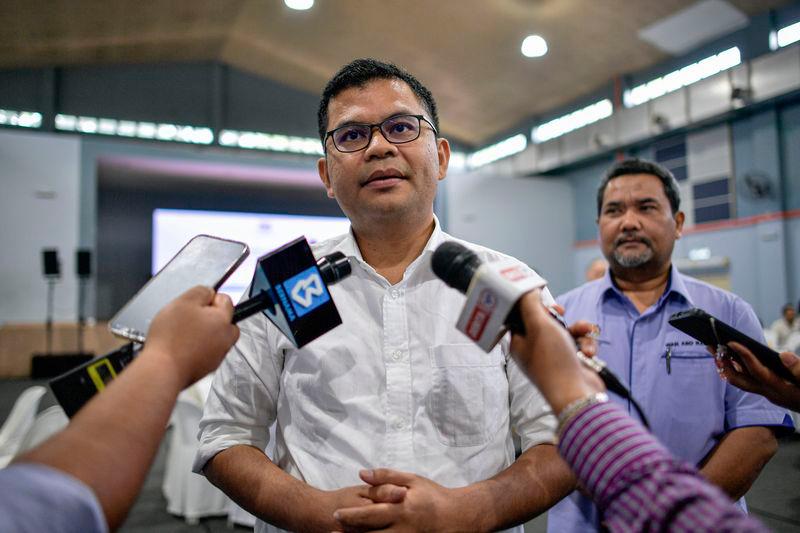KUALA LUMPUR: The Sewerage Services Department (JPP) has been asked to study the possibility of designing sewage treatment plants and sewer networks that can help mitigate flash floods, particularly in urban areas.
Deputy Energy Transition and Water Transformation Minister Akmal Nasrullah Mohd Nasir said one of the initiatives which could be considered is the implementation of a ‘combined sewer’, which manages wastewater and stormwater (surface runoff), to reduce flash floods. Additionally, the implementation of ‘deep sewers’, as practised in Singapore, could be explored to mitigate flooding.
“We have indeed achieved significant progress in managing sewage, not only by modernising the sewage management process but also for dual-function.
“For instance, the Integrated Sewage Treatment Plant in Lembah Pantai not only houses the treatment facility but also includes recreational areas. If analysed in detail at the planning stage, we might consider such designs for urban areas like Kuala Lumpur, where sewage plants can also reduce flash flood risks,” he said.
He said this after officiating the D41 and D42 Package Project: Connection Works from Premises to Public Sewer, at Taman Shanghai, Jalan Jugra, Jalan Tan Yew Lai 1, Ampang Hilir, and Jalan Damai areas, here, today.
Earlier, in his speech, Akmal Nasrullah said that the D41 and D42 Package Project is one of the government’s initiatives, to connect lateral pipes from septic tanks in private homes or premises to the existing public sewer pipes.
He explained that this connection would allow for the decommissioning of septic tanks within homes or premises, offering greater convenience to residents.
“Residents will no longer be burdened with the task of emptying septic tanks annually, and can enjoy an environment free from unpleasant sewage odour,” he said.









